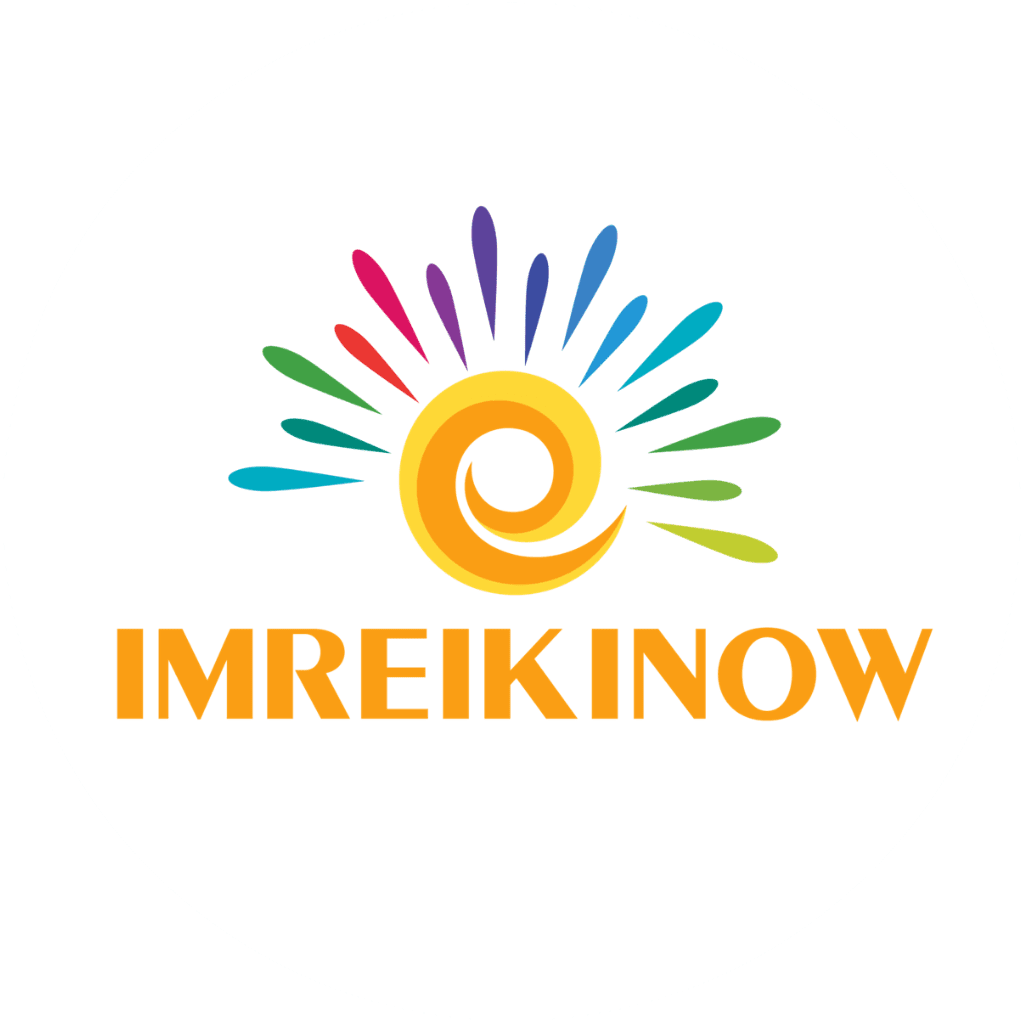KA Reiki Clinician Program

Reiki as a Complementary Therapy for Patient Care
This course introduces clinicians to the principles, practices, and applications of Reiki, specifically KA Reiki, within the context of patient care. Through the use of interactive discussions, patient scenarios, and in-class and at-home practice, clinicians will explore the fundamental concepts of Reiki, including its origins, philosophy, and energy healing principles.
Teaching Methodology
Through interactive lectures, demonstrations, hands-on and hands-off practice Reiki sessions, and reflective exercises, clinicians will develop the knowledge, skill, and confidence to integrate Reiki healing into their clinical practice while mitigating personal biases and promoting a culture of accountability. Clinicians will gain insights into the potential benefits of Reiki for patients and peers alike, fostering a more holistic and compassionate approach to healthcare delivery. By the conclusion of the course, clinicians will be prepared to incorporate Reiki as a complementary therapy within healthcare settings, contributing to improved patient outcomes, enhanced patient satisfaction, and greater personal fulfillment in their clinical roles.
In addition to receiving 10 contact hours from the California Board of Registered Nursing, Clinicians will also be certified as a KA Reiki Clinician Healer.
By taking this course, a Reiki Clinician will also be able to:
- Assess the need for Reiki based on the patient’s symptoms.
- Understand how to incorporate Reiki into the clinical care plan.
- Perform Reiki therapy for diverse patients.
- Evaluate the outcome of Reiki as a complementary therapy for patient care.
- Recognize personal implicit bias and how to use Reiki to alleviate implicit bias in healthcare
Course Information:
- Dates: 2/21/2026-2/21/2027
- Location: Zoom Webinar
- Time: 8am-2pm, Saturdays & Sundays
- Required course manual: Reiki as a Complementary Therapy for Patient Care, Trainee Edition
"This program has been approved by the California Board of Registered Nursing for 10 Contact Hours; Continuing Education Provider 17922"
Medically Intuitive Reiki

History of Medical Reiki
Medical Reiki was founded by Raven Keyes, a Reiki Master Teacher who saw the need to bring Reiki into medical settings, particularly during surgeries and other high-stress medical procedures. Raven Keyes pioneered the concept of Medical Reiki as a standardized practice, aiming to integrate Reiki into conventional medicine in a way that could support patients physically, emotionally, and spiritually.
Raven Keyes practiced Reiki for decades and began working in medical settings after providing Reiki to trauma survivors and to first responders following the events of September 11, 2001. She later collaborated with surgeons, including Dr. Sheldon Marc Feldman, a breast cancer surgeon, to bring Reiki into the operating room during surgeries. Her work demonstrated how Reiki could help reduce stress, alleviate pain, and promote healing.
Medical Reiki is designed to help reduce the stress, anxiety, and physical discomfort of patients undergoing medical procedures, particularly surgeries and cancer treatments. It is also often used to support patients through chemotherapy, radiation, and recovery. Medical Reiki practitioners often work alongside doctors, nurses, and other medical staff to provide complementary care. The goal is to offer Reiki in a way that respects both the patient's needs and the medical environment.
Medical Reiki is still an emerging field, and more research is being conducted on the effects of Reiki in clinical settings. While some medical professionals are open to its potential benefits, the integration of Reiki into hospitals and surgeries varies widely by location.
Medical Intuition with Reiki
A medical intuitive uses intuition, often combined with energy healing techniques, to assess an individual's health and wellness. Unlike conventional health clinicians who rely on medical tests and clinical observations, medical intuitives focus on perceived energy fields, emotions, and spiritual insights to identify potential sources of physical and emotional imbalances. They believe that these energy patterns, which may include areas of "blockages" or "disruptions," can affect a person’s physical health and emotional well-being.
Through energy reading, Medical intuitives often say they can "sense" or "read" energy fields around the body. They may scan the body with their hands or use visualization techniques to detect areas of imbalance. Persons who claims to have psychic or intuitive Insight believe they can intuitively receive information about someone’s health without physical examination. This may include insights into the root cause of an issue, such as unresolved emotions, traumas, or lifestyle habits.
Medical intuitives often emphasize the link between mental, emotional, and physical health, suggesting that emotional traumas, stress, and unresolved feelings can manifest as physical ailments. This is also considered with energetic healing. People might consult a medical intuitive when they are dealing with unresolved or chronic health issues that traditional medicine has not fully addressed, or if they prefer a holistic approach to wellness. Some medical intuitives work alongside traditional healthcare providers, offering complementary insights into health issues that may aid in overall well-being. While medical intuition, like Reiki, is not a substitute for conventional medical advice, it can be used as part of an integrative approach to well-being for those open to it.
If someone asks what is the difference between medical intuition and Reiki healing, know that medical intuitives are not performing healing services, i.e., channeling or transmuting energy to release negativity or trauma. They are simply conducting assessments based on the energetic or intuitive readings that come to them.

